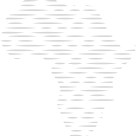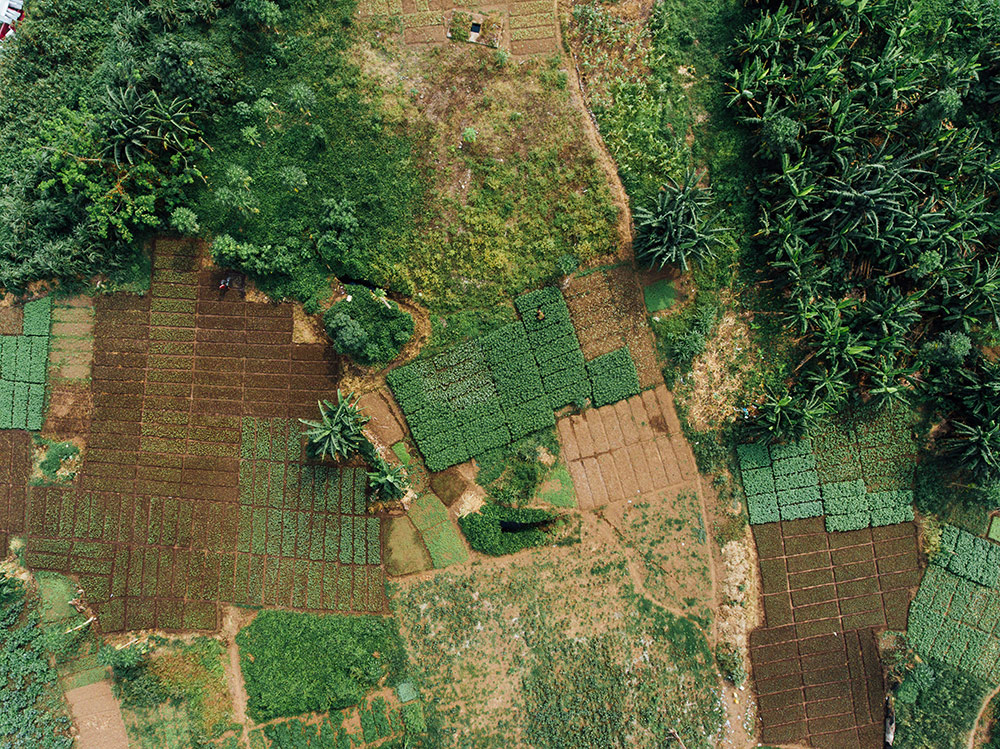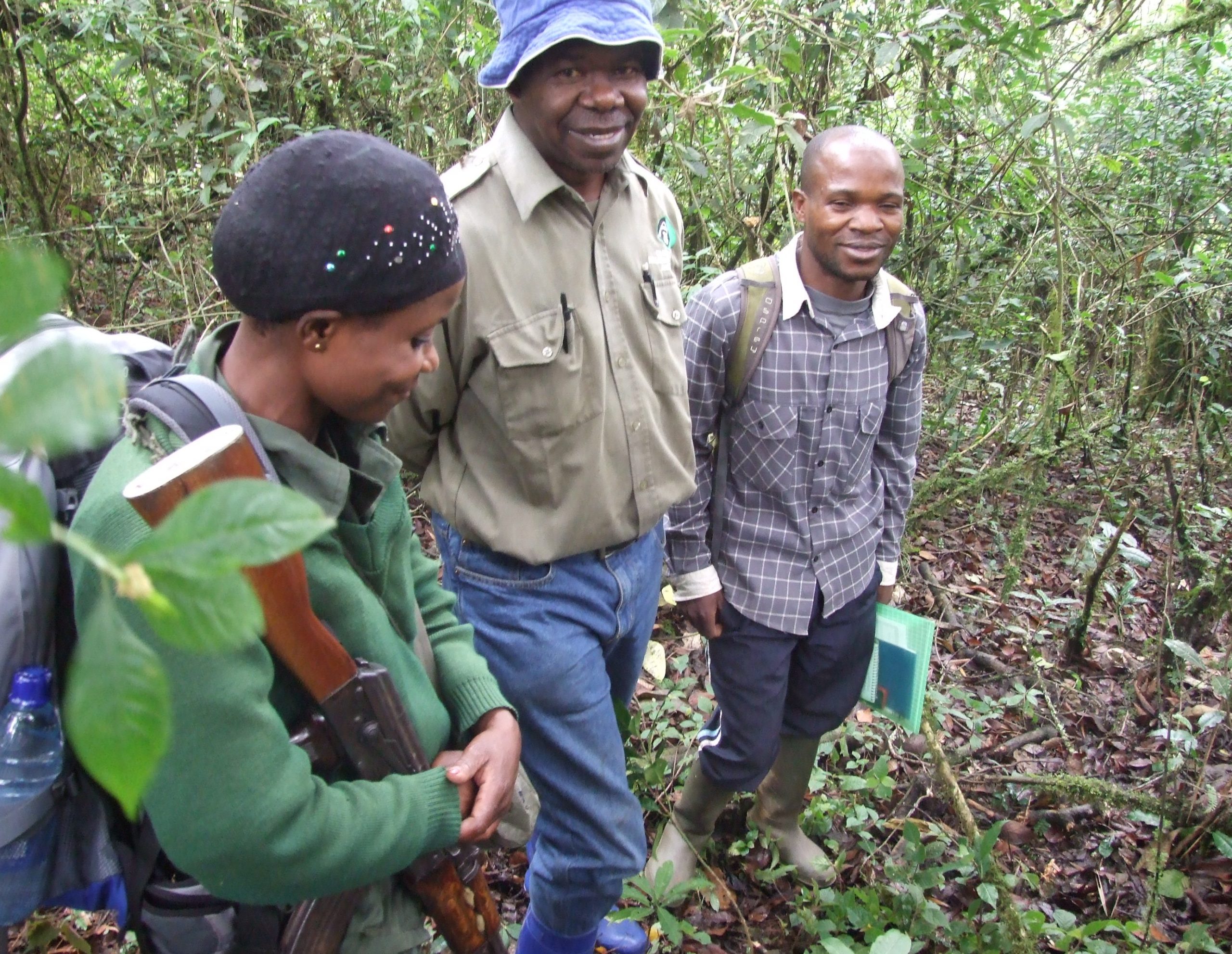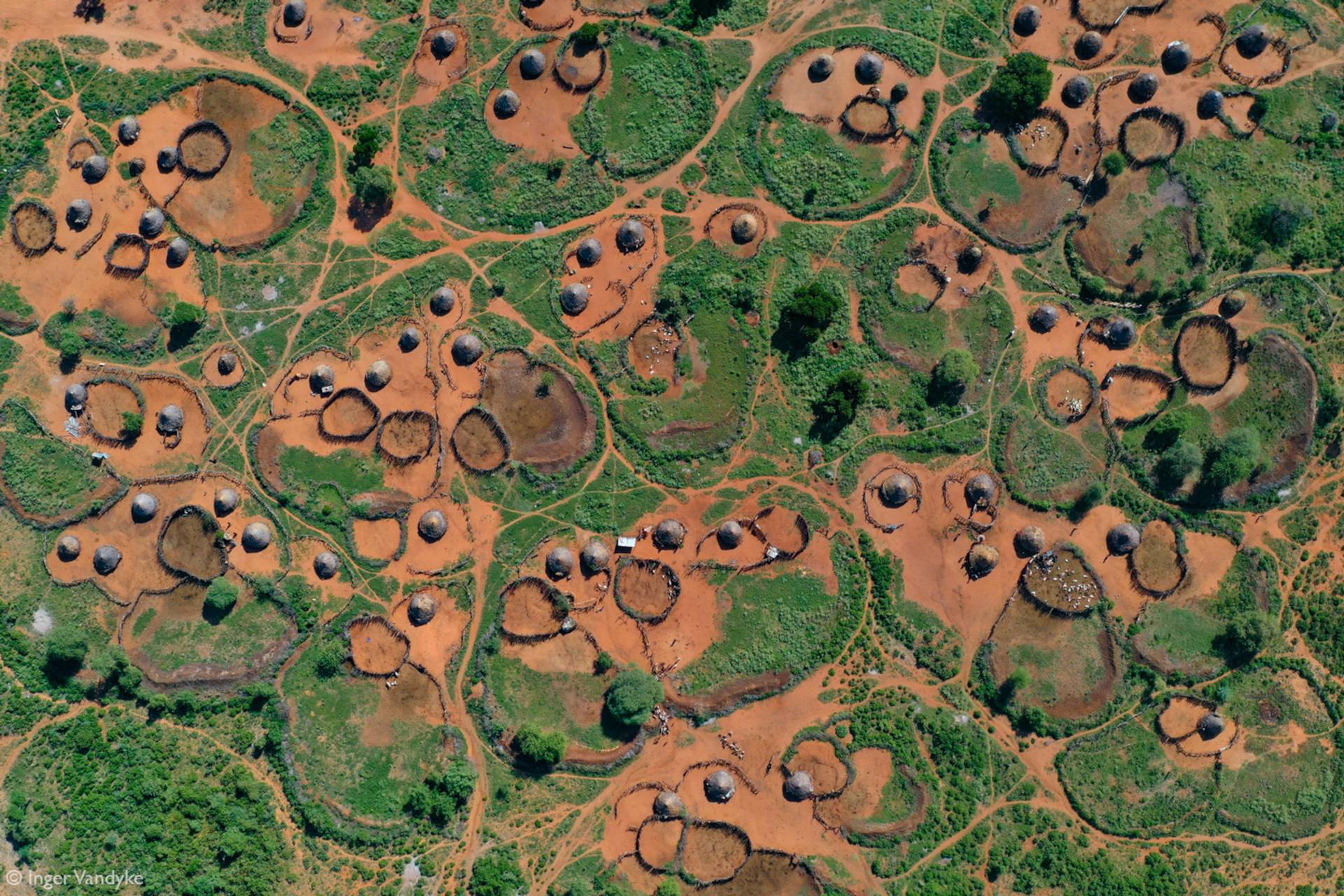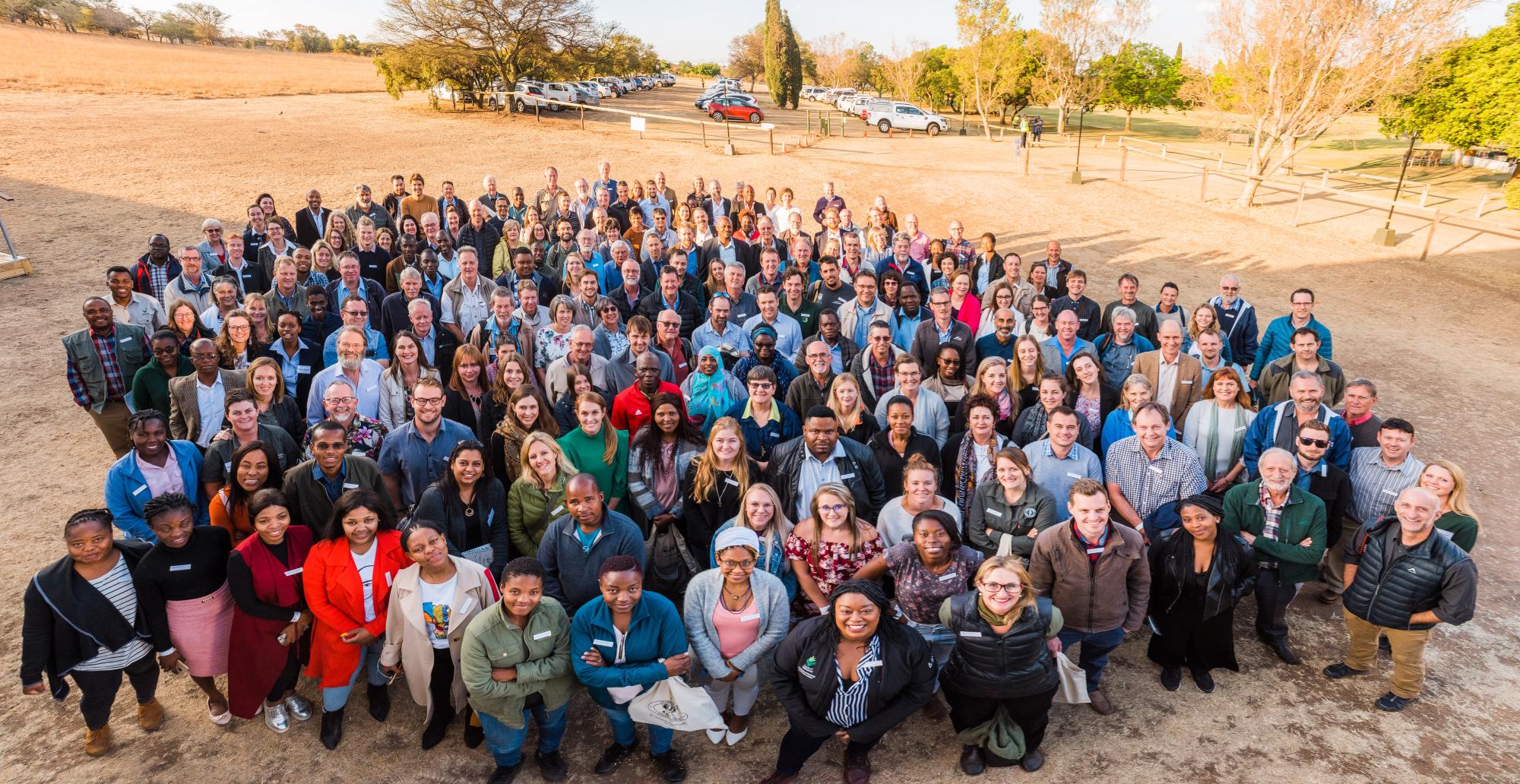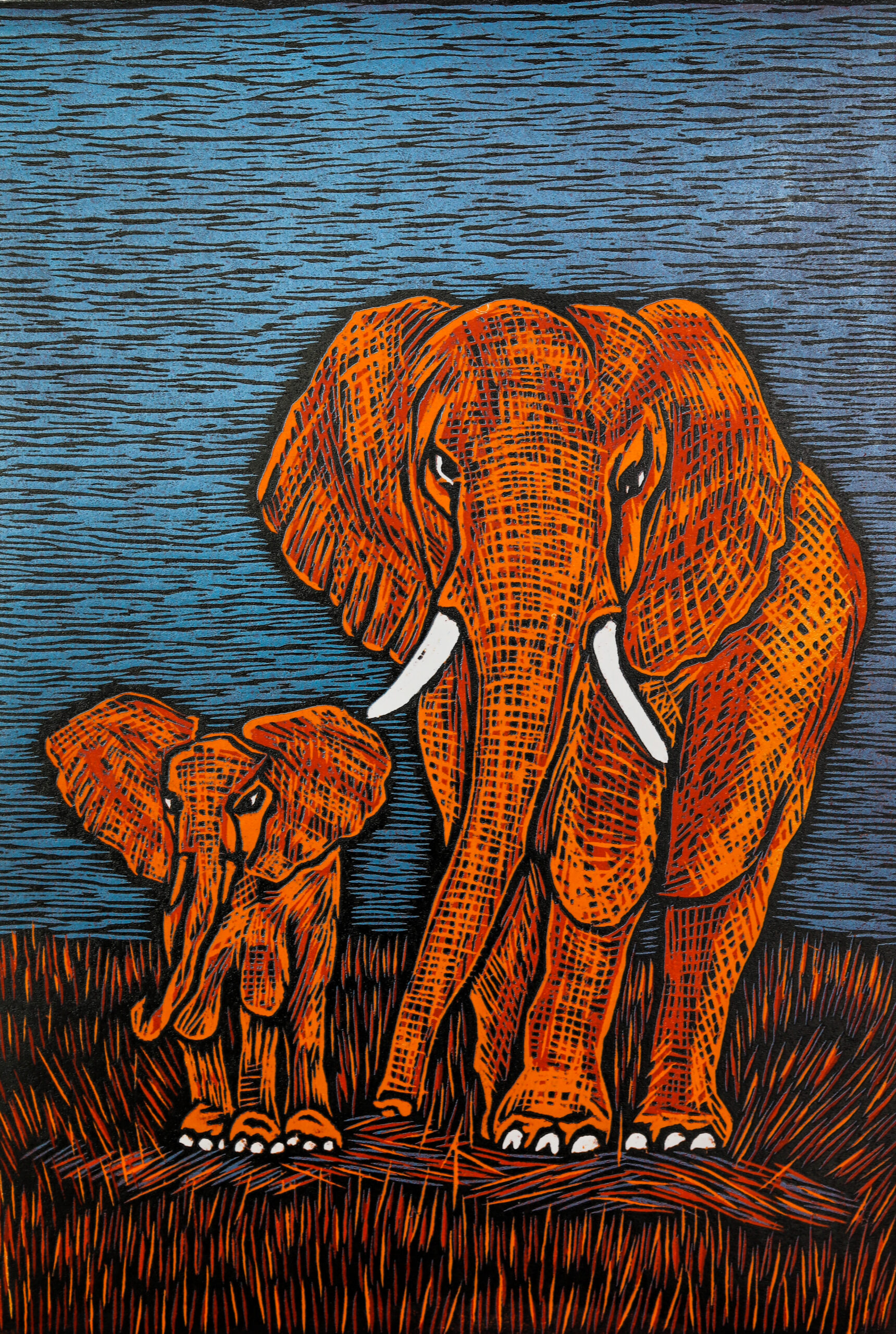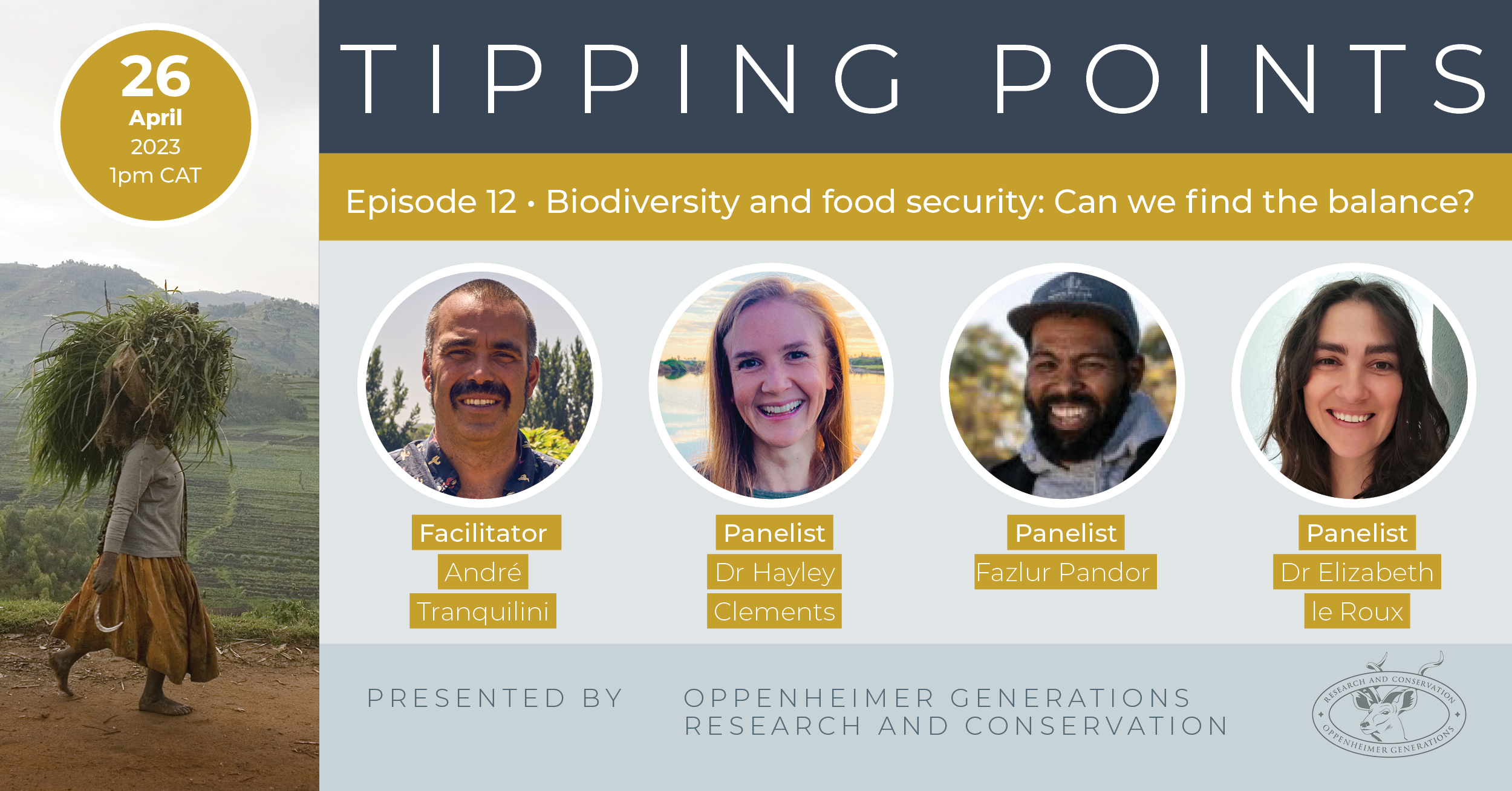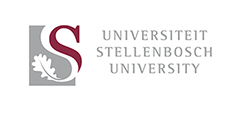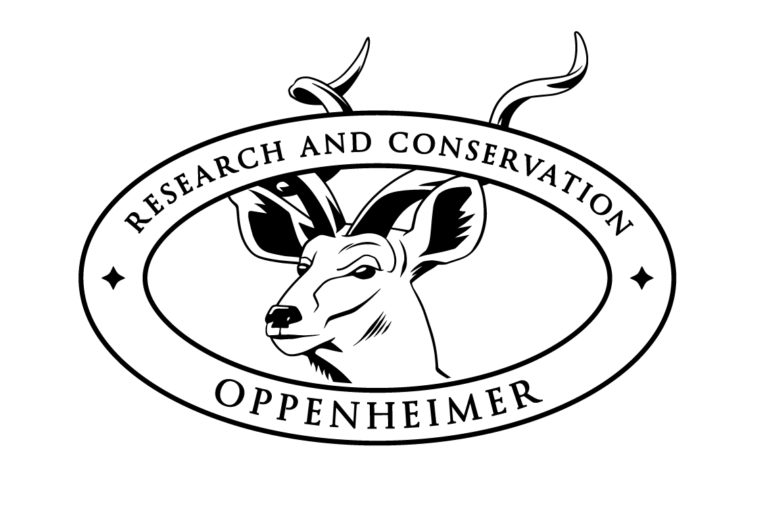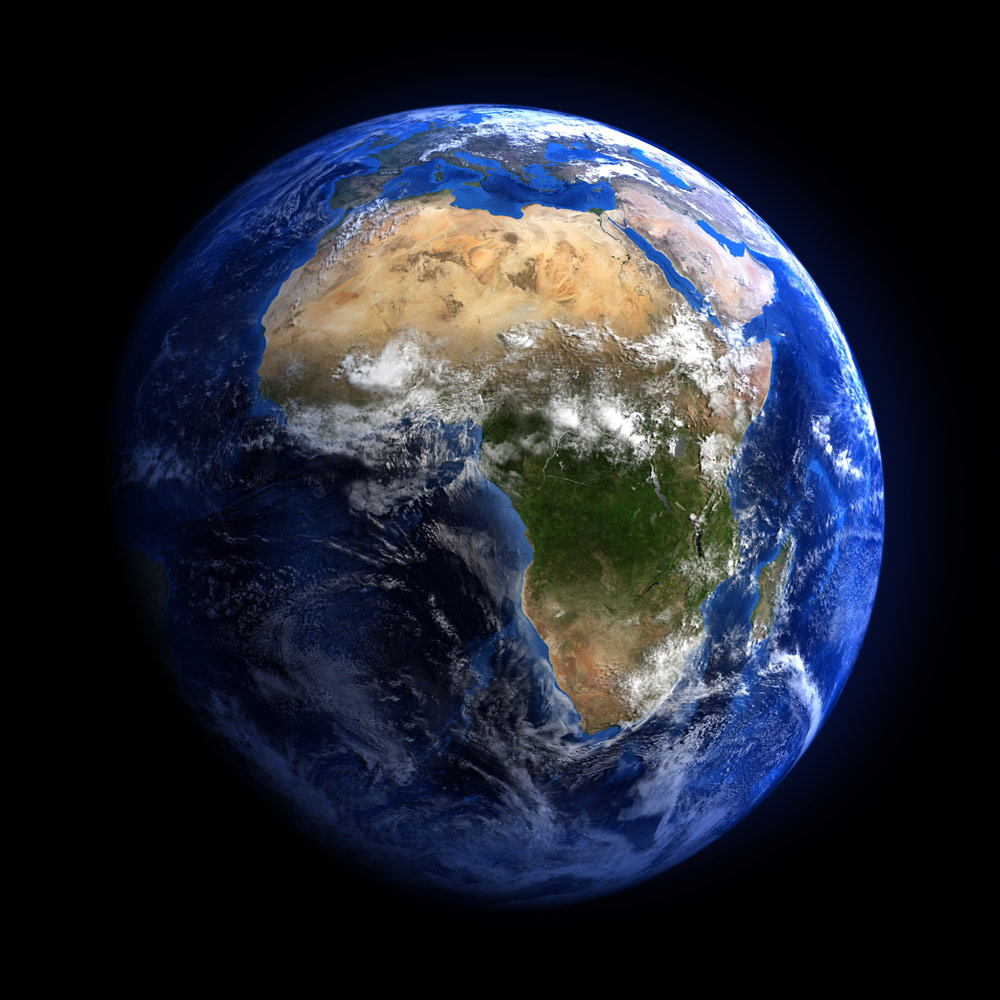
1. Exploring the role of biosphere integrity in human well-being
Are we pushing the Earth too far to meet the demands of our increasing human development? One way to answer this question is through the concept of “planetary boundaries”, which defines the limits within which we can safely operate to sustain both nature and human well-being. This project is deepening our understanding of the relationship between human activity and one planetary boundary in particular: “biosphere integrity”. The environment has always created challenges for humanity. But,
